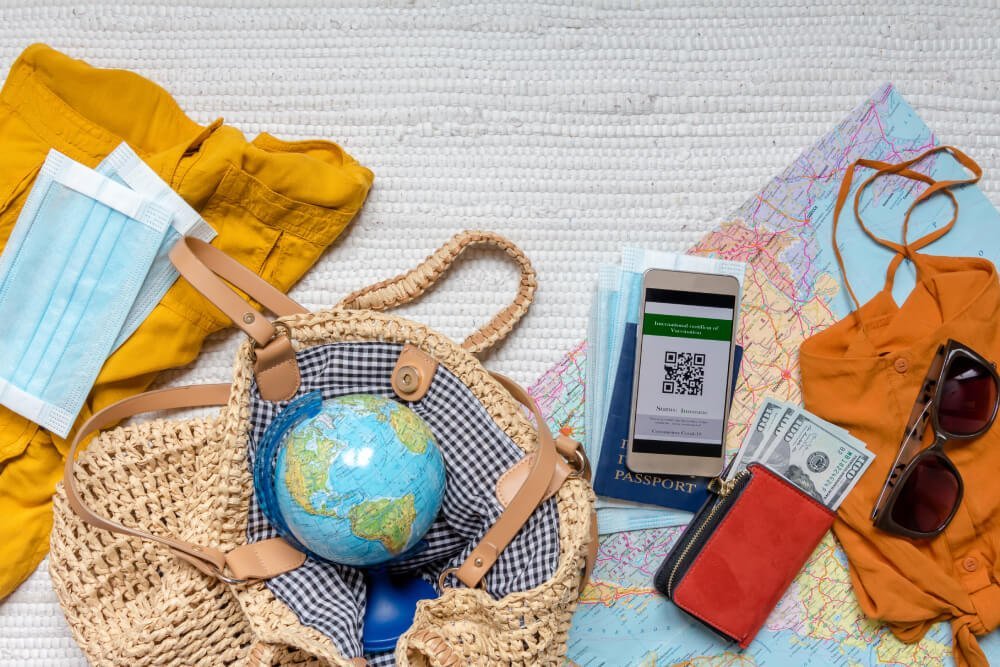There is no doubt that becoming a respiratory therapist can be an exciting and rewarding career path. You will be able to combine your passion for healthcare with the opportunity to explore new places and experiences. In this article, we will guide you through the major steps to embark on a successful journey as a traveling respiratory therapist. If you’re in need of some advice or more information, keep reading to find out everything you need to know about education, skills development, job search, and personal preparation.
Finding the Right Traveling Respiratory Therapist Job

When searching for traveling respiratory therapist jobs, you need to research various travel healthcare agencies and determine which ones work best with your needs and career goals. Many companies offer competitive salary packages, comprehensive health benefits, and personalized support throughout your assignment. It is important to consider factors like pay rate, assignment location, facility reputation, and housing when selecting an agency and assignment.
For example, you should peruse Fusion Marketplace travel RT jobs, to find job opportunities tailored to your specific qualifications and preferences. Fusion Marketplace offers aspiring respiratory therapists the ability to look for jobs in many different locations in one convenient place. It simplifies the job search process so you can find open assignments that are relevant to you quickly and efficiently.
You should also take advantage of opportunities to connect with fellow professionals and reach out to peers for recommendations on reputable agencies or job listings. Building a strong online presence by maintaining an up-to-date LinkedIn profile and engaging in professional groups can also foster connections and expose you to new opportunities.
Education and Certification Requirements
Before you can become a traveling respiratory therapist, you must first meet the education and certification requirements. Aspiring therapists must attend an accredited respiratory therapy program, which typically takes two to four years to complete. These programs entail both classroom studies and hands-on clinical experiences to provide a comprehensive learning experience. While an associate degree is commonly accepted, pursuing a bachelor’s degree in respiratory therapy is preferred by some employers.
Upon successful completion of an accredited program, graduates must then obtain state licensure and pass the National Board for Respiratory Care (NBRC) examination to earn the Certified Respiratory Therapist (CRT) credential. Many employers and states require respiratory therapists to upgrade to the Registered Respiratory Therapist (RRT) certification, which involves additional examination and higher-level clinical skills demonstration.
Develop Skills and Experience

Beyond education and certification, you have to develop the skills you need and gain experience that will make you a well-rounded traveling respiratory therapist. Communication skills, patient care, critical thinking, and team collaboration are just a few core skills that will contribute to your success in this field. Participating in volunteer work, internships, externships, or working in a permanent position before transitioning to a travel role can be highly beneficial in developing these attributes.
Always seek opportunities to grow, educate yourself, and improve your clinical skills. Networking with other professionals and attending conferences and workshops can also be advantageous in staying current with industry trends and advancements. As a traveling respiratory therapist, you must quickly adapt to new environments and continually meet new care teams, so having a strong foundation in your skills will launch your career and make each assignment successful.
Preparing for Life on the Road as a Traveling Respiratory Therapist

Once you have secured a job as a traveling respiratory therapist, there are practical considerations to address to ensure you have a smooth transition into your new career path. Develop an efficient packing strategy, focusing on essentials such as clothing, hygiene items, and work equipment. Take the time to research your destination, familiarize yourself with its local amenities, transportation, and potentially secure temporary housing before arriving at your new location.
Be proactive in managing your finances while on the road. Create a budget for your daily living expenses, maintain an emergency fund, and ensure you stay on top of any tax implications associated with your income as a traveler. Stay organized in managing and maintaining the documentation for each assignment, such as certifications, and employment contracts. Always keep a copy of your documents, both physical and digital, for quick reference when necessary.
As this article illustrates, becoming a traveling respiratory therapist requires dedication to education, skill development, and ongoing personal growth. The hard work is well worth it, particularly since it is such a meaningful and fulfilling career. With the right preparation and a commitment to providing exceptional patient care, you are well-equipped to embark on a rewarding job in this dynamic field. If you follow all of the advice in this article, then you’ll be on your way to finding your next job as a travel respiratory therapist.











